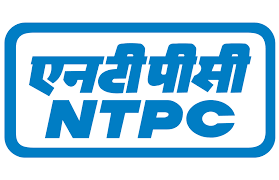If you have a chronic kidney disease, you could be at a higher risk of developing cancer, says a new study. Cancer is a significant cause of illness and death is twofold higher in patients with chronic kidney disease (CKD) than the general population. The findings appeared in the Clinical Journal of the American Society of Nephrology (CJASN).
 A new study finds that women with advanced kidney disease are not receiving recommended breast or cervical cancer screening, even though they face a higher risk of developing cancer than women in the general population.
A new study finds that women with advanced kidney disease are not receiving recommended breast or cervical cancer screening, even though they face a higher risk of developing cancer than women in the general population.
According to researchers, breast and cervical cancer screening is especially important in women with CKD.
The increased risk appears to be specific for urinary tract, viral-related, digestive and breast cancers.
A team led by Germaine Wong, from the University of Sydney in Australia, Jade Hayward, and Danielle Nash from Institute for Clinical Evaluative Sciences in Ontario’s Canada examined patterns of breast and cervical cancer screening in women based on CKD stage and age.
The retrospective study included information from 2002 to 2013 from the Ontario, Canada administrative healthcare databases.
For their analyses on breast cancer screening and cervical cancer screening, the investigators included 141,326 and 324,548 women, respectively.
The older women with co-morbidities and with advanced stage kidney disease requiring dialysis were less likely to undergo routine breast and cervical cancer screening compared with younger women with early stage CKD.
The two-year cumulative incidences of breast cancer screening were 61 percent among women without CKD, 54 percent for those with CKD stage 3, 37 percent for CKD stages four and five, and 26 percent for women with kidney failure who were on dialysis.
Similar patterns were observed for the three-year cumulative incidences of cervical cancer screening. Older age, greater comorbidities, and lower income were associated with a lower rate of screening.








